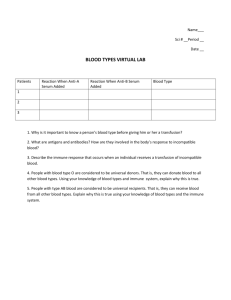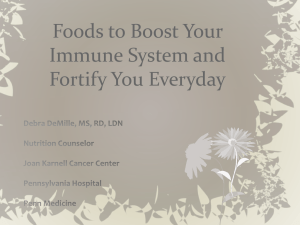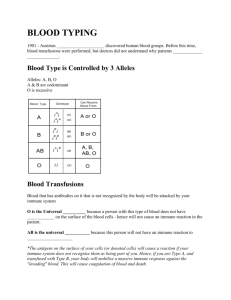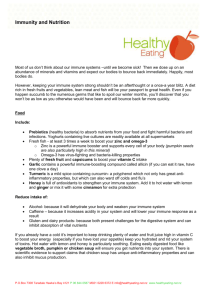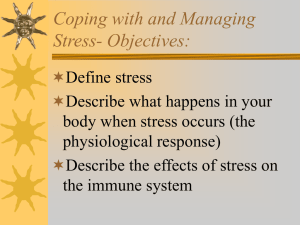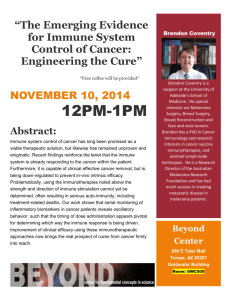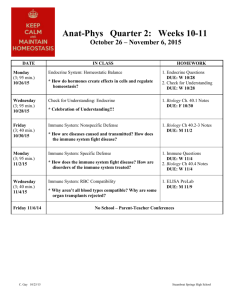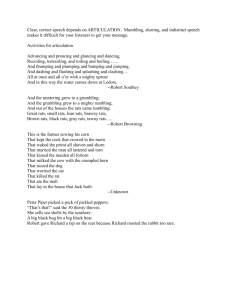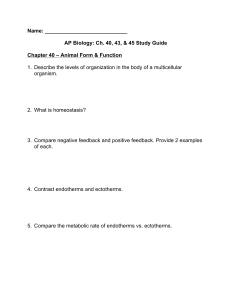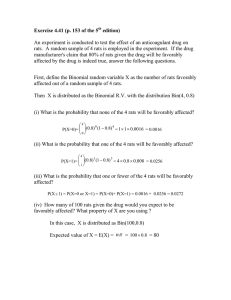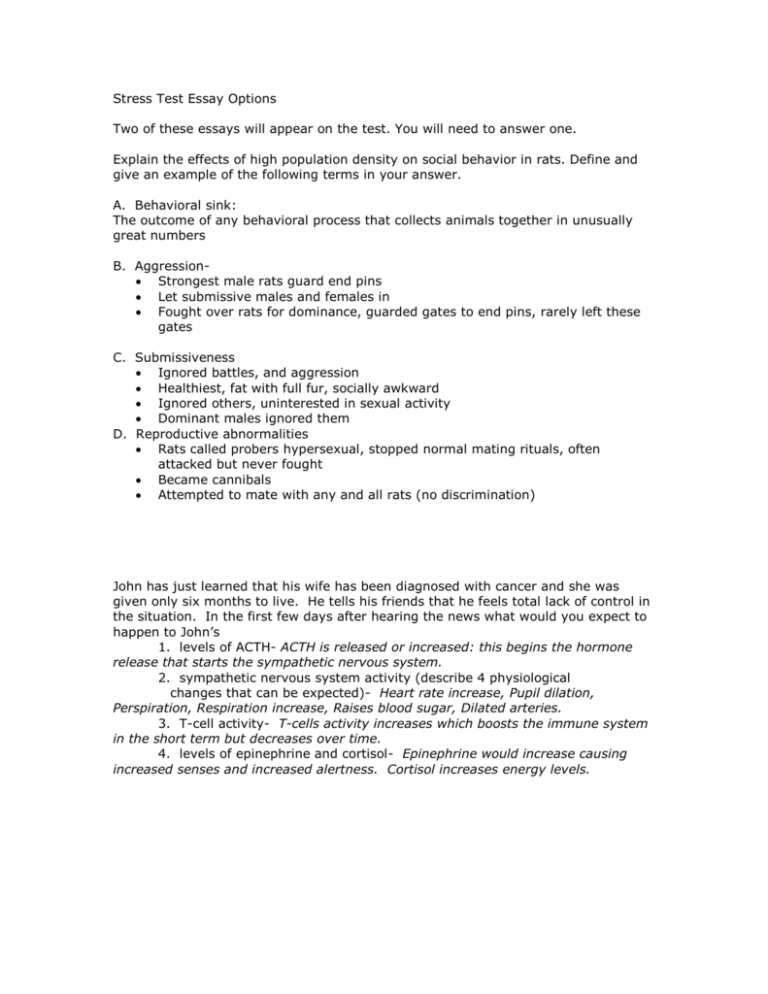
Stress Test Essay Options
Two of these essays will appear on the test. You will need to answer one.
Explain the effects of high population density on social behavior in rats. Define and
give an example of the following terms in your answer.
A. Behavioral sink:
The outcome of any behavioral process that collects animals together in unusually
great numbers
B. Aggression Strongest male rats guard end pins
Let submissive males and females in
Fought over rats for dominance, guarded gates to end pins, rarely left these
gates
C. Submissiveness
Ignored battles, and aggression
Healthiest, fat with full fur, socially awkward
Ignored others, uninterested in sexual activity
Dominant males ignored them
D. Reproductive abnormalities
Rats called probers hypersexual, stopped normal mating rituals, often
attacked but never fought
Became cannibals
Attempted to mate with any and all rats (no discrimination)
John has just learned that his wife has been diagnosed with cancer and she was
given only six months to live. He tells his friends that he feels total lack of control in
the situation. In the first few days after hearing the news what would you expect to
happen to John’s
1. levels of ACTH- ACTH is released or increased: this begins the hormone
release that starts the sympathetic nervous system.
2. sympathetic nervous system activity (describe 4 physiological
changes that can be expected)- Heart rate increase, Pupil dilation,
Perspiration, Respiration increase, Raises blood sugar, Dilated arteries.
3. T-cell activity- T-cells activity increases which boosts the immune system
in the short term but decreases over time.
4. levels of epinephrine and cortisol- Epinephrine would increase causing
increased senses and increased alertness. Cortisol increases energy levels.
There is a dramatic increase in the likelihood of a person becoming ill or dying during
a brief period following the death of a spouse. Describe three specific biological
processes and three psychological processes that may contribute to this effect.
Biological:
Immune system: stress depresses the immune system, making individuals
more susceptible to disease and death. Those who have lost loved ones have
an increased 50% chance in death.
Stress can worsen the course of AIDS because it causes a greater immune
suppression and a faster disease progression.
Stress is linked to cancer’s rate of progression. Those exposed to
uncontrollable stress are more prone to cancer. Tumors also grow sooner and
larger because of stress, cancer occurs slightly more in those who are
widowed.
Older people’s immune systems are more impaired by stress and depression.
Psychological:
Perceived control: When we see a situation as uncontrolled, we become
stressed out and become more vulnerable to ill health.
Significant changes in life can increase the risk of death by nearly 2 times in
the week following a partner’s death.
Social support: people with stronger social ties feel better in general and have
people to go to for support. Those without many social ties are more prone to
depression.
A classmate argues that “the best way to handle stress is to work harder and meet
life’s challenges head-on.” Evaluate both the strengths and the weaknesses of your
classmate’s position.
strengths: If you succeed/do better than you will likely be happier, working hard
helps reduce stress (control), moderate arousal means the best chance of success
weaknesses: pushing yourself too hard is stressful and increases your risks of not
succeeding, you may want to be better and better which could be an impossible task,
if you prolong stress, your immune system goes down and you will get sick more
often, supports type A behavior+


